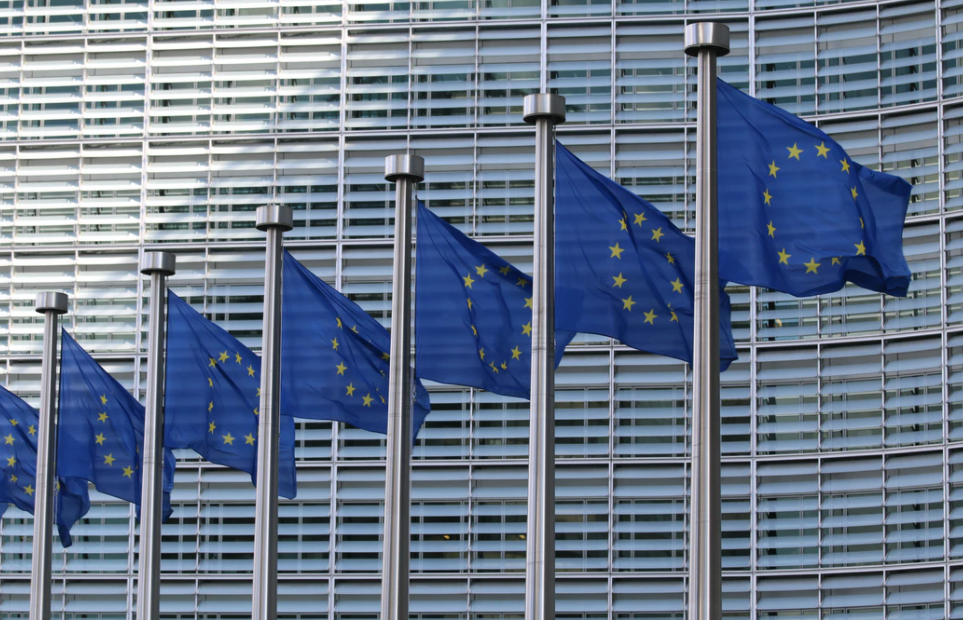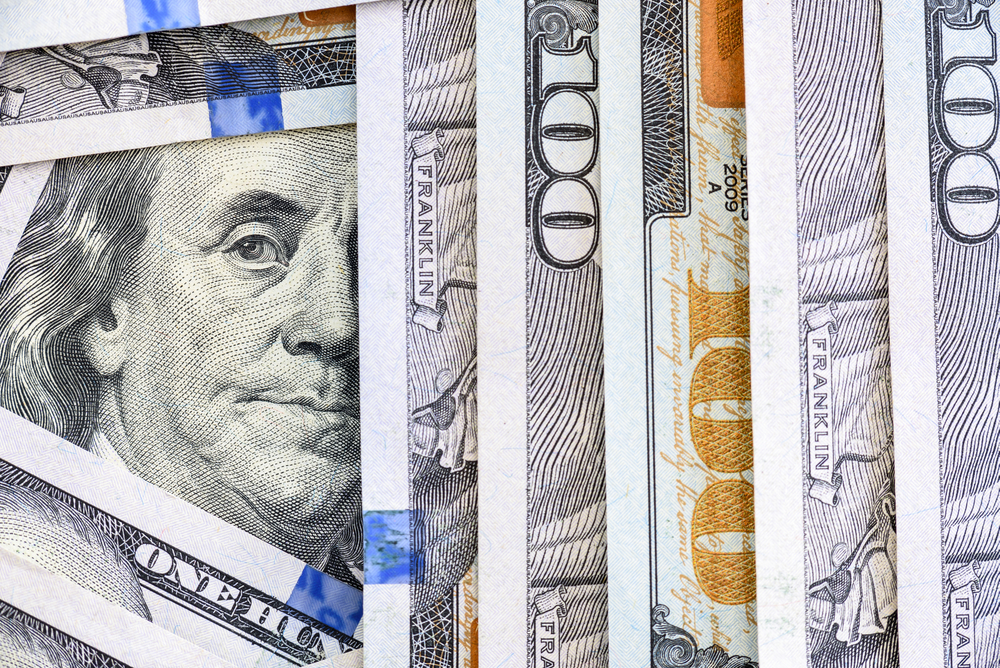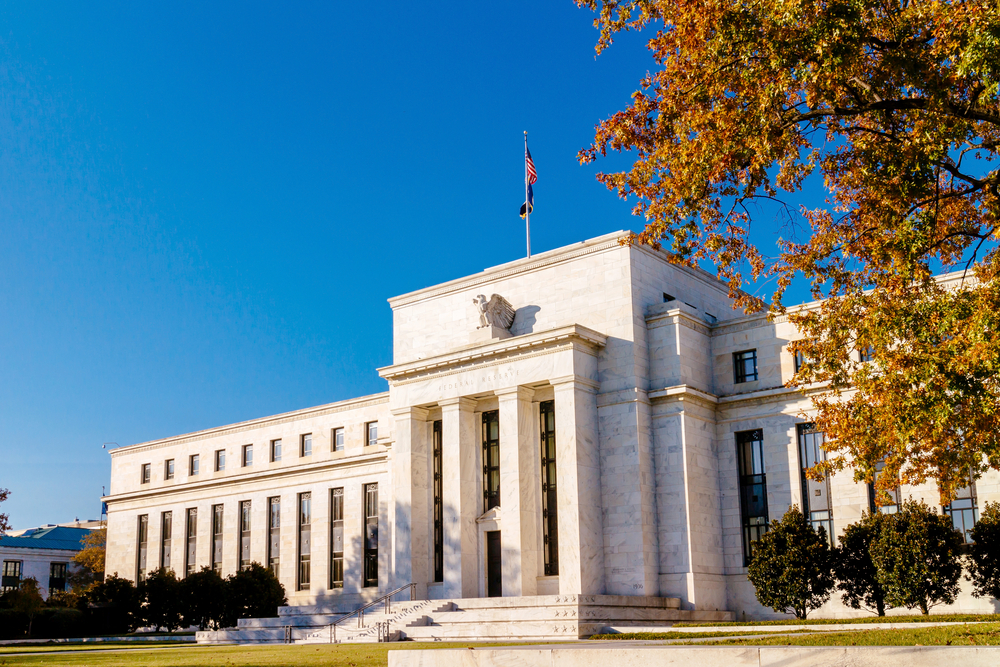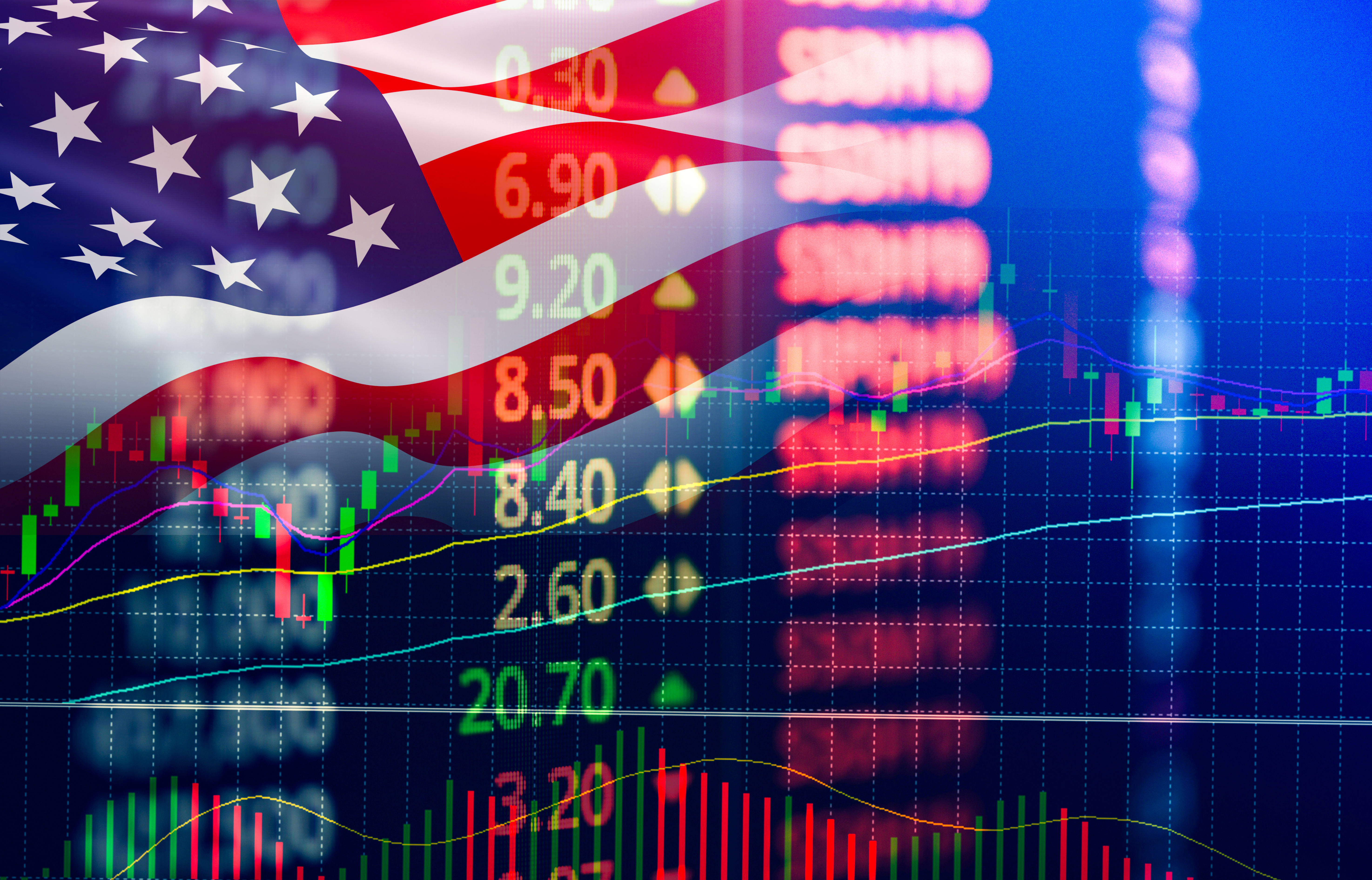Eurozone Inflation reaches the highest level of the last 3 years
According to preliminary data released by Eurostat for July, Consumer Price Index (CPI) in Eurozone decreased by 0.1 percent compared to the previous month, and reached 2.2 percent above market expectations of 2 percent year-over-year. Preliminary data released was the highest since October 2018.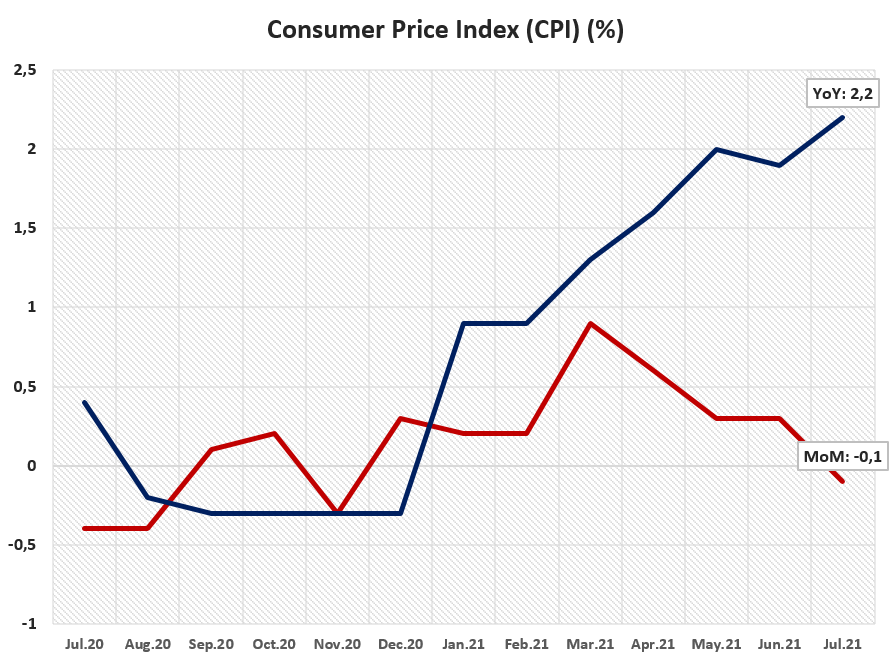
According to the details of the report published by Eurostat, the highest annual increase was in energy with 14.1 percent, while food, alcohol and tobacco products with 1.6 percent and services with 0.9 percent were decisive factors in the result. The lowest year-over-year increase was in non-energy industrial goods with 0.7 percent.
Compared to the previous month, the energy sector contributed 1.8 percent to the Consumer Price Index, followed by the service sector with a level of 0.8 percent. In the sub-items that were decisive in reducing inflation rates on a monthly basis, non-energy industrial goods was 2.4 percent, while food, alcohol and tobacco products did not change on a monthly basis.
Meanwhile, the countries in the region with the highest price growth in July were Estonia with 4.9 percent, Lithuania with 4.3 percent and Luxembourg with 3.3 percent. The lowest price growth was in Malta with 0.4 percent, followed by Greece with 0.6 percent.
In Eurozone, accelerating the vaccination process in the name of ensuring social immunity to Coronavirus outbreak (Covid-19) was observed to have some effect on the number of daily cases. But Delta variant, which was identified India and then followed in Eurozone's leading economies, is raising speculation that the restrictions will come back. Although there may be some pressure on domestic demand with expectations, the rise in imported goods prices due to the euro's weak performance, high levels in international commodity prices, especially crude oil, and the ECB's stable stance on current policy pose an upward risk to the inflation outlook.
Although rising inflation rates are in tolerable territory in line with the ECB's target path, board members note that rising inflation is are resulted from temporary factors. However, it is worth adding that if the increase in inflation rates is possible to stay above 2 percent, it may lead the Bank to discuss the future of asset purchase programs earlier.

